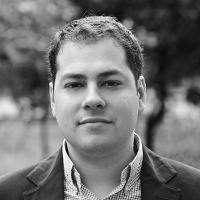Europe
OSCAR DEL POZO/AFP via Getty
COVID-Swamped Spain Threatens to Jail Rebel Parents Unless Kids Get Back to School
STAND-OFF
Parents across Spain are in open revolt, refusing to send their children back to school as a second wave of the coronavirus hits the country.

Trending Now





